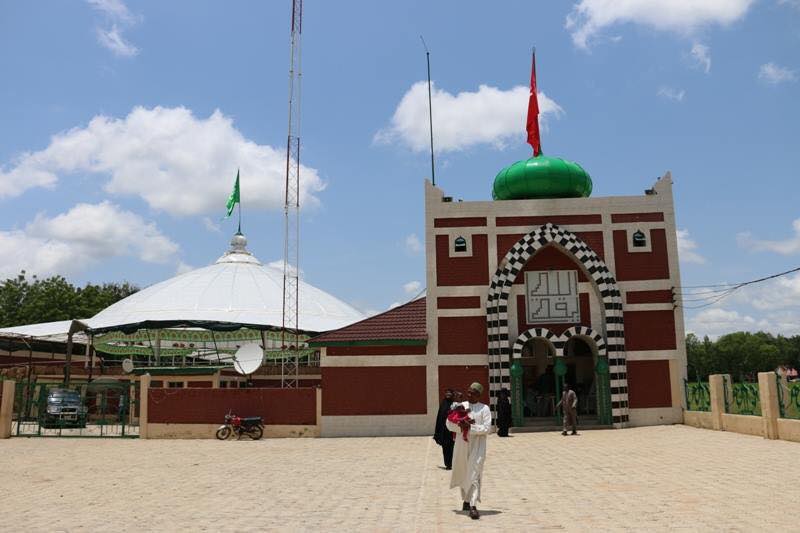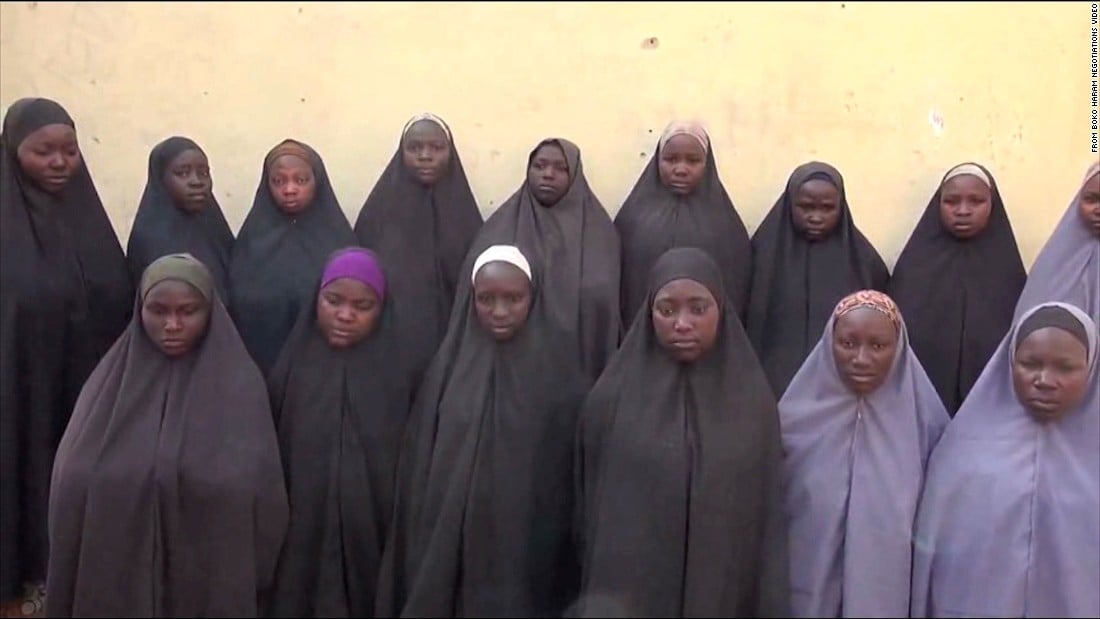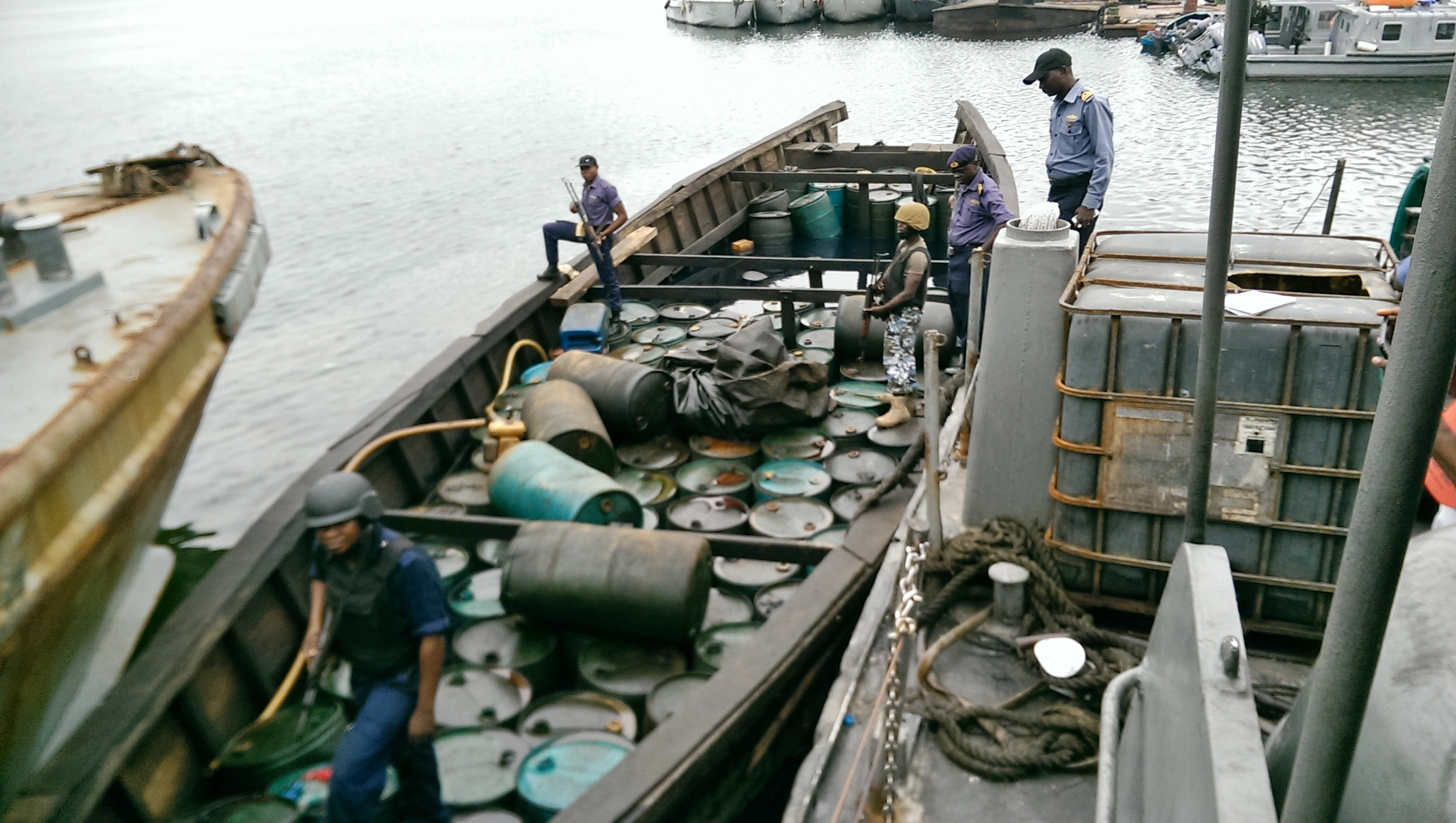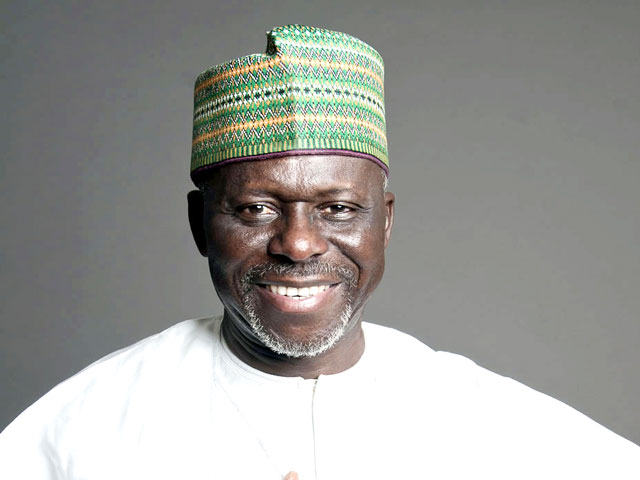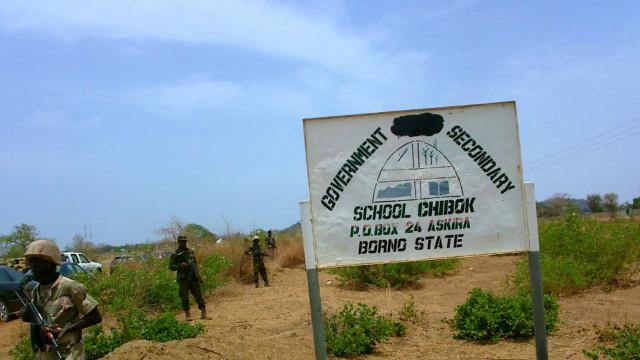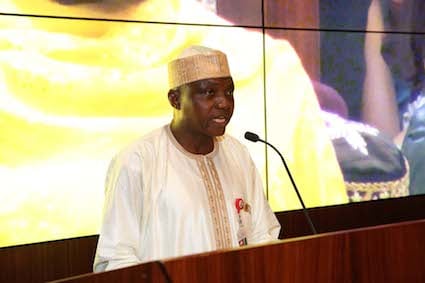Mohammed Usman, the Department of State Service (DSS) official in charge of Sabon-Gari, Zaria, says Islamic Movement in Nigeria (IMN), also known as the Shi’ia sect, is proving such a divisive force in Kaduna state due to the huge funding it receives from countries such as Iraq and Iran.
Speaking on Wednesday when the Nigeria police force and the state security Services appeared before the investigative panel set up by the Kaduna state government to investigate the December 2015 clash between the sect and the army, Usman also berated the sect’s “lack respect” for the sovereignty of the country.
“They don’t believe in the sovereignty of Nigeria; they have their flags. IMN is a state within a state,” he said.
“They have strong affiliation with Iraq and Iran due to the fact that these countries have a large population of Shiite members.They have five different flags which symbolises some beliefs within the movement.
Advertisement
“I am aware of complaints of residents of Sabon-Gari about them. When people come to complain to me about them, I persuade them to bear the situation because when the IMN officials are invited for a chat, they don’t come.”
Keneth Dika, a lawyer and deputy superintendent of police, spoke in similar vein, urging the government to “control the sect’s external funds, which come from Iran, Iraq and Lebanon.”
“Like the Boko Haram, if you trace the history of the Shiite, you will find that they have become difficult,” he said.
Advertisement
“The police is aware of the activities of the group over the years, including complaints by residents of Sabon-Gari, Zaria. But there was nothing we could could do to check their excesses other than interfacing with them to achieve peace.”
He criticised the sect for constantly refusing to honour police invitations and resisting arrest.
“The usual altercations between the Shiite and police are about non-recognition of police as a constituted authority, dishonouring police invitations for whatever reason whenever invited, and resisting arrest whenever any of them is reported to have committed an offence.”
On the number of Shi’ia members killed by the army and reports of mass burial of the victims, he said:
Advertisement
“We are yet to ascertain the number of deaths, some members of the MNI said their relations were killed, but the police is yet to conclude investigations.
“When it is an allegation of murder, investigations does not close until after seven years. On December 13, 2015, a total of 270 suspects were handed to the police by the military, but the suspects were charged to a magistrate court and later remanded in prison custody in Kaduna.”
Add a comment
